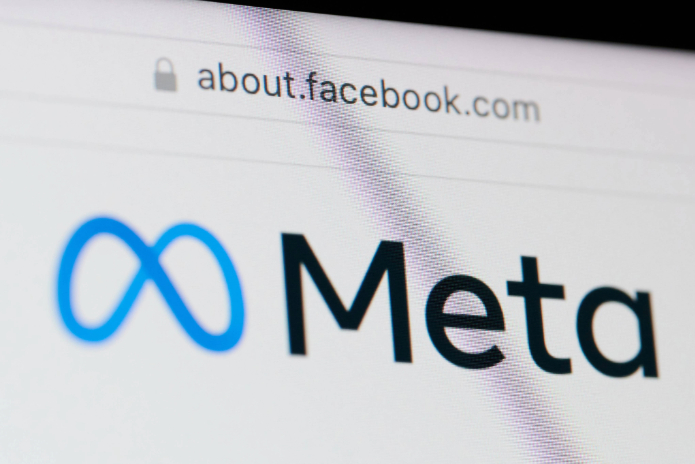On January 7, Meta owner Mark Zuckerberg announced the end of fact-checking by specialized agencies on the company’s platforms, which include WhatsApp, Facebook, and Instagram, replacing the policy with ‘Community Notes’ in the coming months. To understand Brazilians’ perception of the new guidelines, Sherlock Communications conducted a survey that recorded users’ experiences with fake news and other abuses on social media platforms.
The vast majority of Brazilians surveyed (87%) say it should be a legal requirement for Meta ‘to remove content, disable accounts, and work with police authorities when they believe there is a real risk of physical harm or direct threats to public safety.’*
Although fact-checking is still active in Latin America, the results highlight the impact of misinformation and its reflection on user behavior. In Brazil, the STF (Supreme Federal Court) is closely monitoring the changes and debating platforms’ responsibility for published content.
The survey revealed that in Brazil, more than half of participants (54%) said they had already seen fake news on Meta’s platforms, and about a third (29%) even believed the content before discovering it was misinformation. Additionally, almost half (46%) of Brazilian users say they avoid interacting, commenting, sharing, and liking posts containing false content; 35% report the post to platform moderators, and 15% add public comments warning that the content is false.
For fact-checking, 57% turn to internet searches, while 53% consult reliable news outlets. However, 33% read comments to assess the post’s veracity. The same percentage seeks information on other social networks, and 9% use artificial intelligence tools like ChatGPT for research.
Outside Meta’s ecosystem, the most used apps by Brazilians are YouTube (91%), TikTok (60%), and Telegram (48%). Among Meta’s platforms, WhatsApp is the most used app, with 80% of users accessing it at least once an hour, followed by Instagram (54%) and Facebook (27%) at the same frequency.
Despite Meta’s strong presence, 38% of users consider migrating to another platform if the company indeed suspends fact-checking in the country, while 43% say they would stay. The trend of migrating to other platforms with the suspension of fact-checking is also strong in other Latin American countries. Peru leads, with 53% of respondents considering the change, followed by Mexico (48%), Colombia (46%), Chile (45%), and Argentina (43%).
“According to this survey, Meta’s decision to end fact-checking in the U.S. would not be as popular with its users in Latin America. Large tech companies should be aware of how introducing changes like this affects their reputations in Latin America, influencing not only their credibility but also platform adoption and user engagement across the region,” says Patrick O’Neill, managing partner at Sherlock Communications.
Other survey data
- Brazil leads in daily use of Instagram (85%), WhatsApp (96%), and Threads (22%) compared to other countries in Latin America.
- Over 40% of Brazilians surveyed have encountered hate speech (offensive comments related to race, ethnicity, religion, gender, and others) on Meta’s platforms.
- Regarding reports, 22% of Brazilians surveyed said they had already reported and were satisfied with the response, 19% had reported and did not receive a satisfactory response, and 12% said they were ignored by the platform.
Methodology
The survey was conducted by Broadminded, Sherlock Communications’ research unit, and considers the anonymous responses of 3,222 people in Latin America, from Argentina (455), Brazil (635), Chile (411), Colombia (428), Peru (658), and Mexico (635), obtained in January 2025 through an online questionnaire.
- *The excerpt: ‘to remove content, disable accounts, and work with police authorities when they believe there is a real risk of physical harm or direct threats to public safety.’, cited at the beginning of the content was taken from Meta’s website for the survey’s elaboration.


